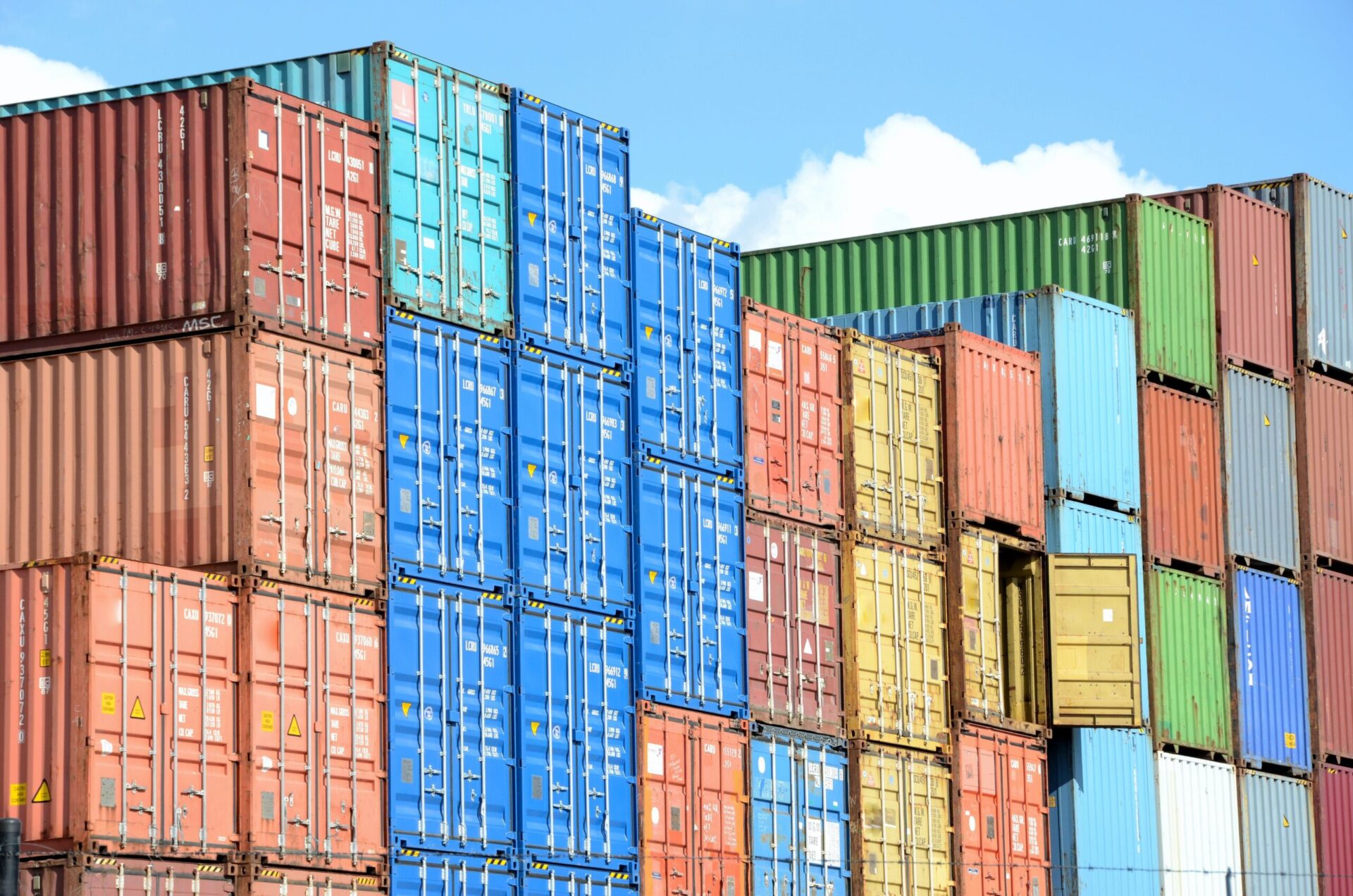Climate change, trade, and global food security

Introduction
Agriculture is one of the most exposed sectors to climate change, both over the short-term, as extreme weather events increase in frequency and severity, and the long-term, due to broader shifts in climatic patterns including temperature and precipitation. Not only does climate risk affect farmers whose livelihoods depend on crop yields, but also the complex network of actors who then depend on those agricultural products for food security or as inputs to other economic activities.
This report provides a first systematic, quantitative assessment of transboundary climate risks to trade in key agricultural commodities, namely maize, rice, wheat, soy, sugar cane, and coffee. The assessment is global in scope and allows for comparison of significant trading relationships, exporters, importers, and markets, providing a basis for policymaking and setting priorities in risk management.
*A summary of the paper can be found below. Download the full publication from the right-hand column for more details.
Key messages
• Transboundary climate risks to global food security are critical and mounting but until now have remained largely unrecognized by the global community. This assessment reveals how these risks are distributed via international trade in six key commodities, linking producers and consumers thousands of kilometres apart.
• Traditional approaches to managing trade risk, such as substitution and diversification, will be ineffective in a world that is facing accelerating climate change impacts simultaneously.
• There is a high potential for increasingly tense geopolitical dynamics, as countries – particularly large agricultural producers – reckon with their own vulnerability to climate change and strive to maintain their current market shares.
• Assessing, managing, and reducing these risks will require a cooperative multilateral approach. Responses that only account for national self-interest could undermine global resilience and exacerbate the global adaptation challenge.
• A global systemic view is essential for planning and implementing equitable and effective adaptation. Achieving systemic resilience requires a level of international cooperation that is currently missing from global adaptation efforts. International organizations must do more to orchestrate and coordinate adaptation.
• The material risk posed to food security in countries at all levels of development – but especially in low income, import-dependent countries – makes adaptation to transboundary climate risk a matter of public policy. Public and private adaptation strategies need to be better aligned to achieve a just transition to a more resilient world.
Methodology
This report develops a novel methodology for assessing climate risks to global trade in agricultural commodities. The analysis projects the extent to which the impacts of climate change will affect yields of major agricultural commodities in particular countries over time, combined with a measurement of commodity-specific trade dependency.
The assessment rests on a “stress test” approach and is described in full detail in the report. However, it is important to note that owing to methodological constraints, the assessment measures only long-term trends in agricultural production due to climate change and does not assess the impact of extreme weather events, or risks to infrastructure such as storage facilities or transportation. Overall, this means that results presented are likely a conservative assessment of climate risks to future food production and trade.
Conclusion
Our results show that climate risks to global food security are disproportionately, but not exclusively, sourced from a small number of key exporting countries, namely maize grown in Brazil, China and the US, rice from Thailand and the US and wheat from the US. Highly embedded commodities pose an indirect risk to food security by threatening to drive price increases and shocks across a basket of products, in all consumer countries.
Overall, there is an obvious global benefit from successful, equitable and just adaptation at the national and local scale, particularly in key exporting countries. That places a duty of responsibility on those countries to consider the wider systemic effects of both domestic, planned adaptation and private autonomous adaptation. It also places a responsibility on the international community to provide the necessary political, legal, institutional, financial and logistical support to facilitate adaptation in countries that lack capacity, and to build robust structures for international cooperation to jointly address these shared, systemic risks.
This report provides a basis from which to develop more complex assessment methodologies, and to begin to ask challenging questions about the governance of climate change risk in an interconnected world. It should also spark needed policy debate about how the international community will rise to meet this emerging challenge.
- Cross-border climate vulnerabilities of the European Union to drought
- The Geopolitics of Food Security: Barriers to the Sustainable Development Goal of Zero Hunger
- Climate-resilient trade and production: the transboundary effects of climate change and their implications for EU member states
- Introducing the Transnational Climate Impacts Index: Indicators of country-level exposure – methodology report

Comments
There is no contentYou must be logged in to reply.